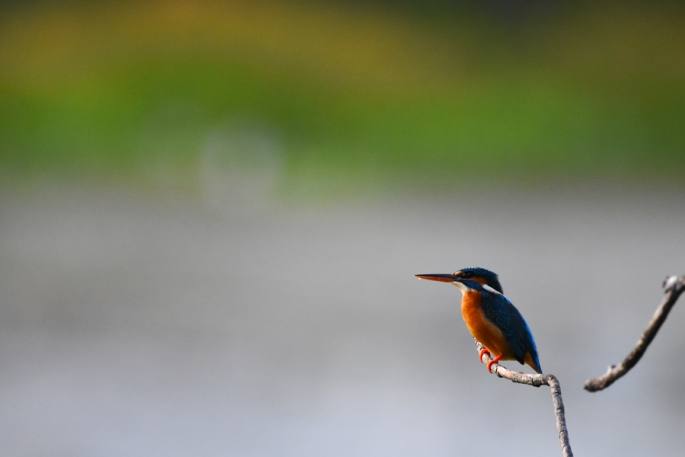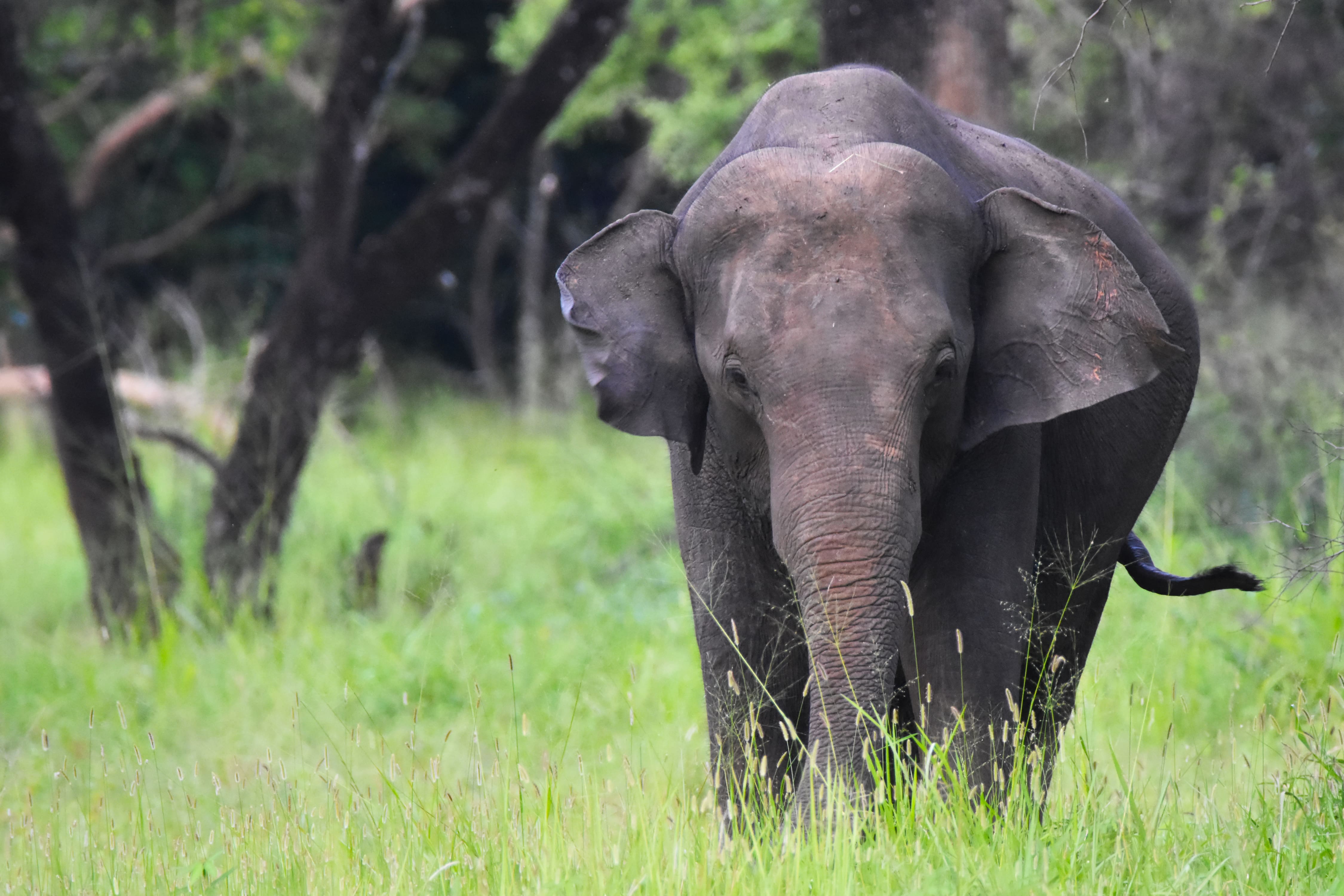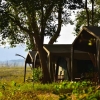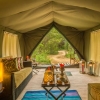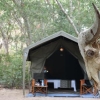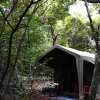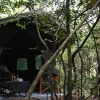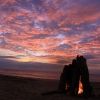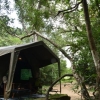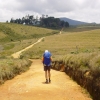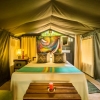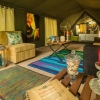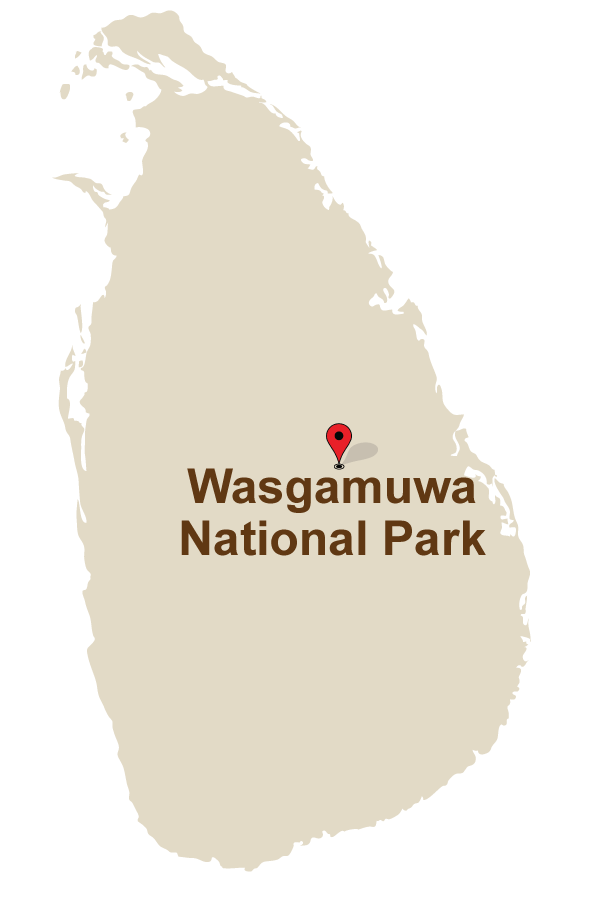 Historical campout with sloth bears and 12th century ruins – Wasgamuwa National Park
Historical campout with sloth bears and 12th century ruins – Wasgamuwa National Park
Sleep in stylish, tented-accommodation inside Wasgamuwa National Park, home to usually more sloth bears, and wake up to ruins of a 12th century civilisation and 2nd century battleground.
SLDT/1702/Cam02
Why should you book this trip?
- Wasgamuwa National Park has a history of being one of the best places to observe the Sri Lankan Sloth Bear (a recognized subspecies of the Sloth Bear).
- Though it’s big and diverse, Wasgamuwe National Park is one of the least visited, least touristic parks.
- Encountering, not very habituated elephants is also a highlight in this park.
- Camping is in the heart of the wilderness in Wasgamuwe NP, giving you the opportunity to go back in time, savour and experience living in the bush.
- The comfortable setting of the tented camp gives you a relaxing atmosphere. A warm campfire and Sri Lankan cuisine coupled together with BBQ dinners will add to the flavour of your experience.
- The skill of an experienced naturalist to guide you on the game drive makes your experience unique. A facility that Mahoora guarantees.
- Unique photo opportunities in the Wasgamuwa National Park.
- Your experience is led by a professional naturalist cum environmentalist who is very familiar with the Wasgamuwa National Park.

